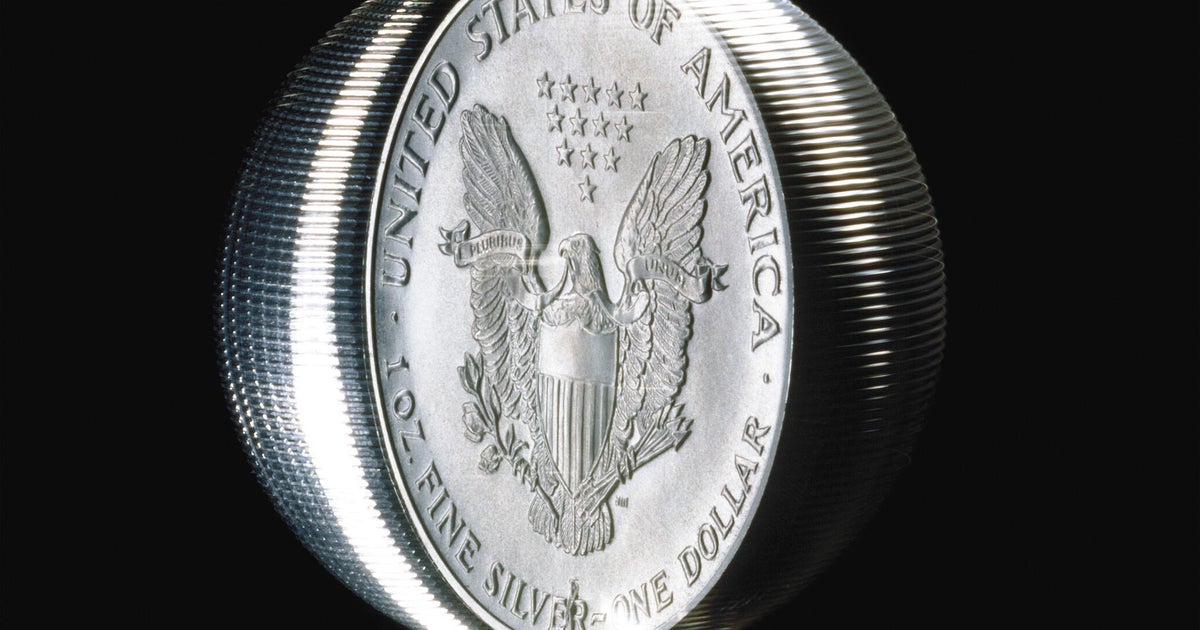Why bitcoin prices are rising -- way more than a bit
When hackers recently threatened to release an unnamed Disney film unless they received a payoff, they asked for the ransom in bitcoin. The incident highlights the cryptocurrency's dual nature these days as an increasingly prized and accepted financial asset but one that still retains its outlaw allure.
Bitcoin prices are topping $2,000, more than doubling in value this year, as political instability in many parts of the world cause a spike in demand that some fans say could one day upend the world's banking system.
As a result of the latest price surge, the value of the digital currency's total circulation has hit nearly $35 billion. While that may sound like a lot, it's not in the grand scheme of other markets. That's less than the market cap of a single good-size S&P 500 company like Ford's (F) $45 billion market cap or Tesla's (TSLA) $50 billion.
Will the latest bitcoin bubble burst? Or is it different this time? Some market watchers argue that prices for bitcoin and other digital currencies will continue rising. They cite increased economic instability in places like Russia, Nigeria and even South Korea that's encouraging people to turn to bitcoin because it can be a more stable way to conduct financial transactions.
Bitcoin also is being used by people in Venezuela, whose economy is collapsing, to buy food from Amazon (AMZN) through a middleman company.
"What we're seeing is mainstream adoption ... and cryptocurrencies like bitcoin becoming an accepted commodity for investment," said Sheffield Clark, co-founder and CEO of Coinsource, the world's largest bitcoin ATM network. "I also expect many countries to follow Japan's footsteps and recognize bitcoin as a legal payment method. As the investor base broadens, there inevitably will be a bandwagon effect that will take hold."
Unfortunately, criminals have also taken hold of bitcoin. The hackers behind the recent WannaCry attack that crippled computers in more than 100 countries demanded payment in the cryptocurrency before they would release the lock they had placed on victims' computers. People involved in prostitution are using bitcoin to pay for ads on sites like Backpage because they're prevented from using conventional payment processors.
Drug dealers are also accepting the cryptocurrency as payment, and bitcoin is the "perfect" tool for tax evaders, according to Tone Vays, a derivatives trader and consultant who hosts a podcast about bitcoin.
The bitcoin market crashed three times between 2011 and 2014, plunging more than 50 percent each time. Prices tumbled earlier this year after the U.S. Securities and Exchange Commission rejected plans by twin-brother entrepreneurs Tyler and Cameron Winklevoss to offer a bitcoin exchange-traded fund. Prices have rebounded since.
Meanwhile, a digital currency called ethereum, which ranks second in the market behind bitcoin, has been on a roller-coaster ride of its own, climbing more than 2,000 percent since January. Ripple, the third-largest, leaped 7,000 percent in two months before crashing recently.
"After these blistering surges of thousands of percentage points in the shortest time, no one is even trying to pretend that these are usable currencies," wrote analyst Wolf Richter on his website. "That notion has totally fallen by the wayside. They're not even called 'cryptocurrency' anymore. They're cryptocoins or alt-coins or bitcoins or just tokens."
Vays also is skeptical about rivals to bitcoin, predicting that when they crash, it "will make the dotcom bubble look like an appetizer."



